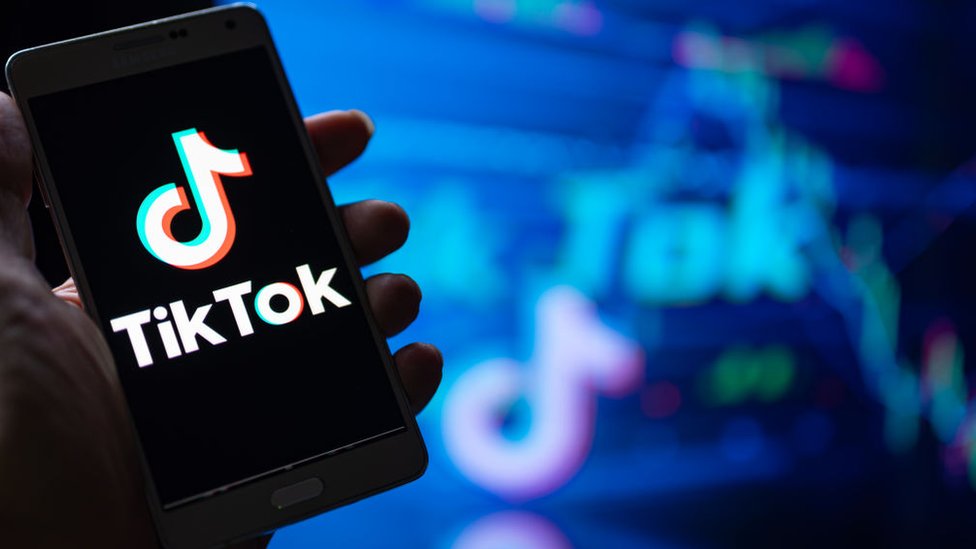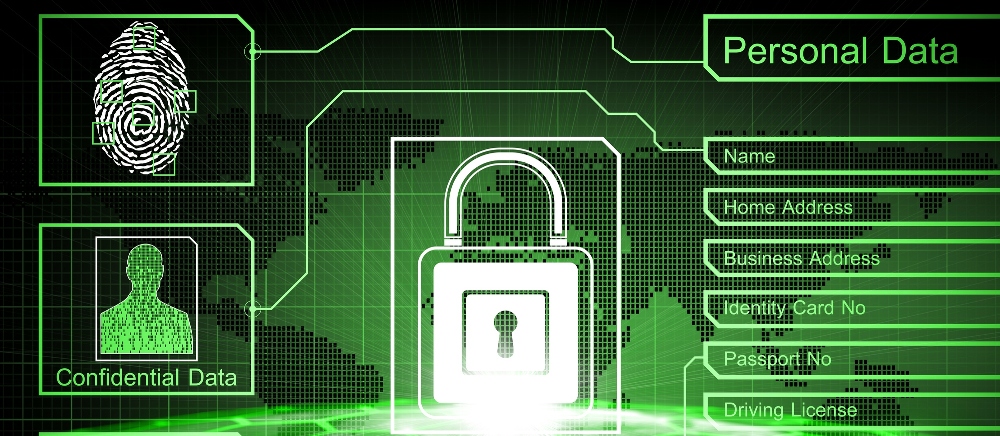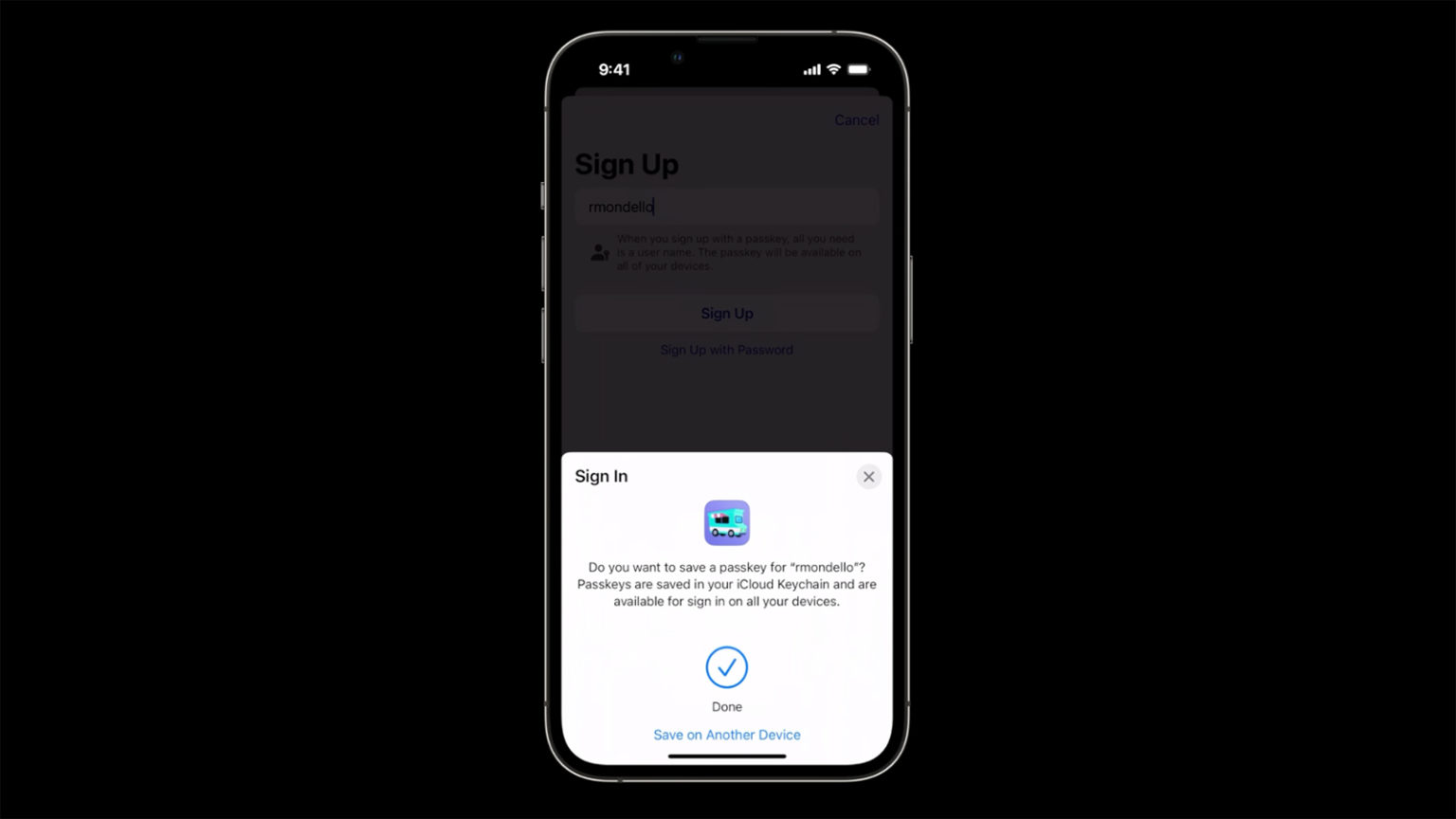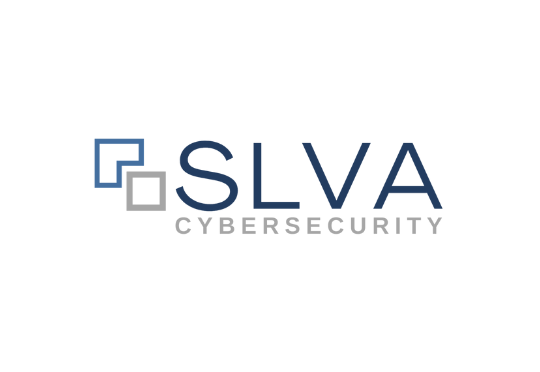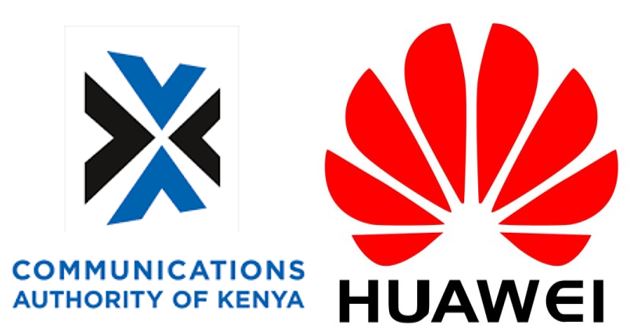Technology has significantly evolved over the years, improving the internet experience globally. There is now easier and more affordable access to a plethora of diverse information.
This advancement has also made human interactions more seamless across business operations and relationship building among individuals, organisations and nations, among other human endeavours.
More than ever, the world transacts online with payment of goods and services cutting across all sectors, including education, health, manufacturing, entertainment and travel.
Now that the world is truly a global village and is so closely connected through the web, internet users need to be conscious and intentional about their safety online.
Transactions and interactions done via the internet leave trails, whether sending and receiving confidential information or paying for products and services. Therefore every interaction online can expose one to being hacked by cybercriminals. These cyber criminals engage in credit card fraud, identity theft, and other crimes.
How, then, can you protect yourself from these cyber criminals, also called hackers? This is where VPN comes in, as it provides online security and privacy for internet users.
Here are the 8 Best VPNs you can use in Nigeria, but first, let’s understand what VPN is.
What Is VPN?
VPN is a three-letter acronym for “Virtual Private Network”. It is a service that provides protection for your internet network connection.
A VPN encrypts your internet data and traffic online in real time, disguising and protecting your identity, particularly when using public internet networks.
This makes it difficult for hackers and other third parties to monitor or track your activities on the internet.
How Does A VPN Work?
Every device that accesses the internet makes use of an IP address. This is what identifies the network and the estimated location. With a discoverable network and approximate location, every internet user risks being hacked.
This is where a VPN is important. It hides the IP address by redirecting it through a configured remote server run by a VPN host.
So if someone copied your IP address to get your data, it would appear like jargon and unusable information.
This means it shields your actual IP address from being known or leaked by disguising your location. So, you can browse the internet safely without fear of your information being compromised.
Now that the importance of VPN is understood, there is a need to know the best options to choose from.
Criteria For Selecting Nigeria VPNs
There are many VPNs available which makes finding a VPN a lot easy. However, what is important is selecting the right VPN that will adequately protect you as you surf the internet.
To rate any VPN provider, we look at the number of servers the provider as well as the countries their server network covers. Having more servers across multiple locations offer users a wide range of content options they can access globally.
We also rate the speed of the VPN to assess how fast it will be for streaming different audio and video sites online.
Protecting privacy is a key reason why internet users love to use VPNs, so we also examine how well users’ privacy is secured.
Here are the 8 Best VPNs you can use in Nigeria.
- Nord VPN
- Private Internet Access (PIA)
- CyberGhost
- Surfshark
- ExpressVPN
- IPVanish
- PrivateVPN
- Atlas VPN
These 8 VPNs are some of the best options you can pick from.
1. Nord VPN

NordVPN is one of the most popular VPNs, with a presence in 59 countries across the world. It has no fewer than 5,000 servers worldwide, ensuring improved speed and stability.
This means you have access to so many countries and can block content from one country to another that is within its jurisdiction.
NordVPN is great for internet users to safely use their regular services on the go, including streaming content on platforms such as Netflix and BBC iPlayer with high download speed and no lag.
The apps allow users to search by country or server. Options available are dedicated IP, P2P, onion over VPN, and double VPN. Each NordVPN server in the list details the server load percentage (the lower the percentage, the faster the server will be).
NordVPN prioritises security, particularly with the peculiarities of several nations restricting freedom on the internet. It has high-security standards, as the VPN provider prides itself on providing 100% anonymity for users. In addition to 256-bit AES encryption, DNS leak protection, and a kill switch, it has a strict no-logs policy.
NordVPN apps can be downloaded for Windows, MacOS, Android, iOS, and Linux. It can be manually configured on select routers. There is also an app for Android TV and a Chrome and Firefox browser extension.
Advantages: Network of over 5,000 servers around the world; high speeds for streaming HD content. It works with Netflix, Amazon Prime Video, Hulu, and others. Beginner-friendly apps Very secure with a “no logs” policy, Excellent support
Disadvantage: Some servers are not so reliable
2. Private Internet Access (PIA)

Private Internet Access (PIA) has great encryption and identity protection features that let users do things online in private. It has no fewer than 20,000 servers across 77 countries.
In terms of speed, private Internet access ranks with a speed that enables smooth streaming of Netflix, Disney+, BOOM! Studios Max, and other sites. The VPN service also unblocks other popular streaming services like Amazon Prime Video, BBC iPlayer, Disney+, Studios Max and many others.
PIA offers both a live chat system for instant responses and an email ticket system for slightly slower responses to less urgent queries. It also has a FAQ and guide section to help users understand how the VPN works.
Private Internet Access has apps for Windows, Mac, Android, iOS, and Linux. It uses WireGuard and “strict,” which are two of the most popular open-source VPN protocols alongside IPsec on iOS. It also has a strict no log” policy.
Advantages: Fast speed for high-quality streaming. It has over 30,000 servers worldwide, with browser extensions and extra security add-ons. It has responsive 24/7 live chat support.
Disadvantage: No app exclusion or whitelisting
3. CyberGhost

CyberGhost is a VPN service that provides quality security to safeguard one’s identity online. It has unlimited bandwidth and traffic, which makes it great for streaming online at a fast speed. This provider operates in 60 countries and has no less than 7,000 servers, with some situated in South Africa and Kenya.
Considering the user’s access to up to seven simultaneous connections, Cyber Ghost is flexible, giving you a variety of options. The VPN provider is easy to use and responsive. Selecting a server and activating features takes seconds to activate.
The VPN has a real-time customer support feature which enables users to have a Live chat in case the need arises.
CyberGhost VPN is safe to use in Nigeria because it utilises 256-bit AES encryption, DNS and IP leak protection and has an automatic kill switch.
CyberGhost apps are available for Mac, Windows, iOS and Android. It offers apps for Amazon TV, while Linux can be manually configured.
Advantages: Seamless streaming without buffering with strong security features. The app is easy to use, and 7 connections can run concurrently on a single account. The provider has a live chat support feature.
Disadvantage: CyberGhost has no app for Linux
How To Save Data While Streaming Video Online
4. Surfshark
 Surfshark is a great option for a VPN, particularly for security and privacy. It has more than 3,200 servers available in 63 countries, including Nigeria. The VPN provider has fast speeds that ensure smooth HD streaming and also works with Disney Plus, Netflix, and Amazon Prime Video. This service can also access Twitter across Nigeria.
Surfshark is a great option for a VPN, particularly for security and privacy. It has more than 3,200 servers available in 63 countries, including Nigeria. The VPN provider has fast speeds that ensure smooth HD streaming and also works with Disney Plus, Netflix, and Amazon Prime Video. This service can also access Twitter across Nigeria.
This VPN is guaranteed to keep no logs, protect users’ data with military-grade encryption, provide leak protection, and have a kill switch. It also has split tunneling, automatic wifi protection, and the option to send traffic through two VPN servers. It also has round-the-clock customer support.
Surfshark apps are available for MacOS, Windows, Linux, Android, and iOS. It can be manually configured on some routers. The VPN provider also offers extensions for Firefox and Chrome.
Advantages: Fast speed for streaming and browsing. Works well with multiple sites. It has an unlimited number of devices and connections. Customer service provides 24/7 live chat support. It has multiple added security features
Disadvantage: A few slow servers
5. ExpressVPN

ExpressVPN is an excellent choice of VPN because of the high rating of its security offering. The provider is present in 94 countries with over 3,000 high speeds servers.
The fast speed makes 1080p streaming very seamless due to the unlimited bandwidth and no throttling. ExpressVPN lets you stream anything from Netflix to ESPN.
The VPN provides support for its users, with 24/7 availability in case one needs assistance while using the service.
ExpressVPN protects the identity of users online, enabling one to stay anonymous. This is because of the security features that cut across 256-bit AES encryption, DNS leak protection and a kill switch. The VPN provider keeps no identifying logs of its users and enables users to unblock many geo-restricted platforms.
Operating systems of Mac, Windows, Android, iOS, Linux, and Amazon Fire TV, can access ExpressVPN apps. The VPN also has an app for routers as well as browser extensions for Safari, Firefox and Chrome browsers.
Advantages: Over 3000 network of servers worldwide with fast speed for browsing and streaming. The apps are user-friendly, and the VPN can unblock most geo-restricted content. It also has browser extensions. There is 24/7 live chat support.
Disadvantage: Slightly higher in price than most VPNs
6. IPVanish

IPVanish is a VPN that is keen on the security of its users’ data while surfing the internet and definitely works in Nigeria. With its fast-growing network of more than 1,900 servers, it is available in 60 countries across different continents.
IPVanish lets users connect to the VPN on as many devices as possible. It has apps for the most popular online services, making it easy for families to protect all of their internet-connected devices completely.
This VPN has a consistently high speed and works well with streaming platforms like Amazon Prime Video and HBO Now.
IPVanish uses 256-bit AES encryption, has a kill switch, and has in-built DNS and IPv6 leak protection. The VPN also has a no-log policy. Its apps can be installed on Windows, Mac, Android, and iOS. There’s also an app for Amazon Fire TV, but you have to set up Linux and routers manually.
Advantages: Has over 1900 servers with unlimited connection to devices. It has high streaming speed. It has extra security features.
Disadvantages: Struggles with Netflix and has no app for Linux.
7. PrivateVPN
 PrivateVPN is a fast-growing VPN provider with over 200 servers with locations across at least 60 countries globally. This VPN is great for unblocking geo-restricted content and letting users access websites in a safe and private way.
PrivateVPN is a fast-growing VPN provider with over 200 servers with locations across at least 60 countries globally. This VPN is great for unblocking geo-restricted content and letting users access websites in a safe and private way.
A privateVPN is particularly excellent for streaming HD videos due to its fast speed. As a result, users can easily access streaming services such as US Netflix and Amazon Prime Video. With a quick and easy connection to servers, PrivateVPN lets users connect up to 6 devices at the same time with individual IP addresses.
The VPN keeps no data logs, protecting one’s identity and activity online. It makes DNS, of 256-bit AEIPv6cryption, DNS and lPv6 leak protection and has a kill switch. You also have the option of paying in bitcoin for increased privacy.
PrivateVPN is available on Windows and Mac, as well as for mobile on Android and iOS. Manual configuration is necessary for Linux and routers.
Advantages: High speed for streaming and browsing. Apps are quick and easy to use. Includes all of the essential security features. Has a Bitcoin payment option
Disadvantages: No 24/7 live chat. Has no app for linux.
8. Atlas VPN
 Atlas VPN is a great choice for its fast speed, allowing users to stream online easily. With a presence in 37 countries, Atlas VPN has at least 750 servers and has no limit to the number of devices a user can use its services with. This means it can be used on mobile devices and computers.
Atlas VPN is a great choice for its fast speed, allowing users to stream online easily. With a presence in 37 countries, Atlas VPN has at least 750 servers and has no limit to the number of devices a user can use its services with. This means it can be used on mobile devices and computers.
The VPN lets users torrent, and all of their torrent traffic is encrypted before it leaves their device. A streaming service that unblocks Netflix and has a “Tracker Blocker” feature, Customer service for the VPN provider works around the clock to make sure that users’ questions are answered quickly.
Atlas VPN uses IKEv2, uses Wireguard, and has a kill switch. All data is encrypted with AES-256. It has a policy of not keeping logs to protect users and make sure that private information is not kept. This provider uses a data breach scanner to keep an eye on all of its users’ information and protect it from hackers. It is available on Windows, macOS, iOS, and Android.
Advantages: Atlas VPN has extra security features. It has good speed and unlimited connection to devices. There is 24/7 live chat support.
Disadvantages: Atlas VPN slows down your computer’s speed. It has no app for Linux
These 8 VPNs are easy to use and keep cybercriminals from stealing your identity while using the internet. It is a wise investment to consider in order to safeguard your data online.








